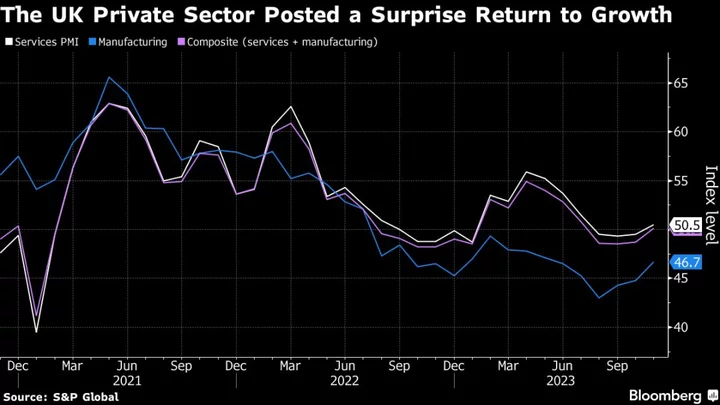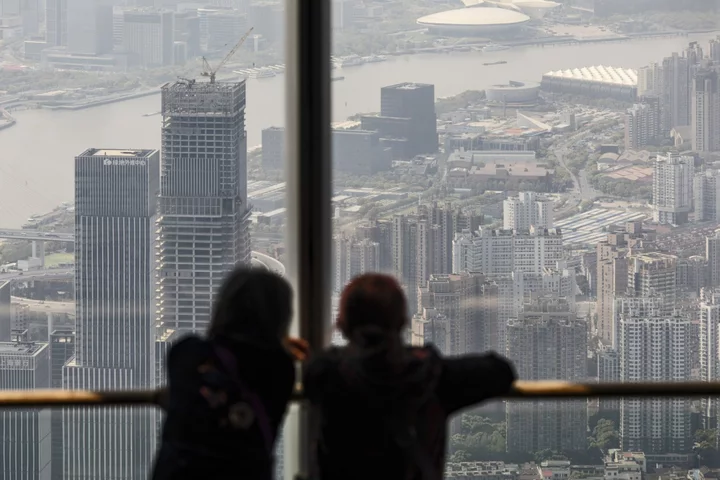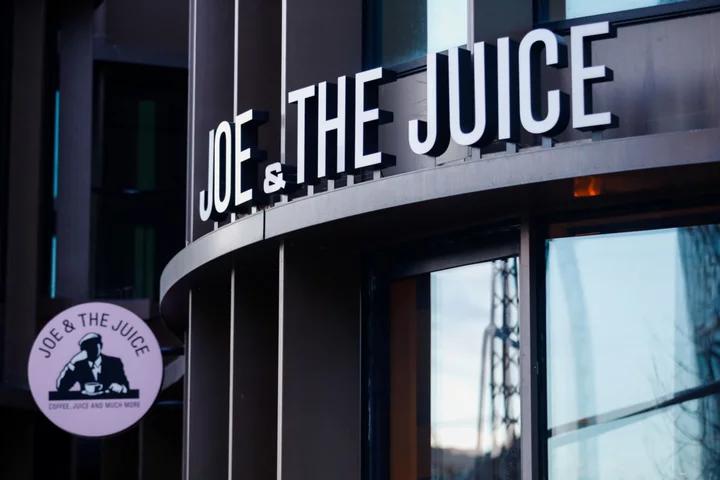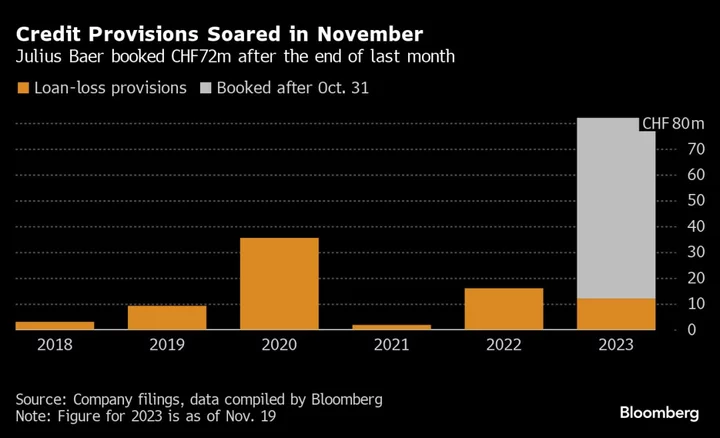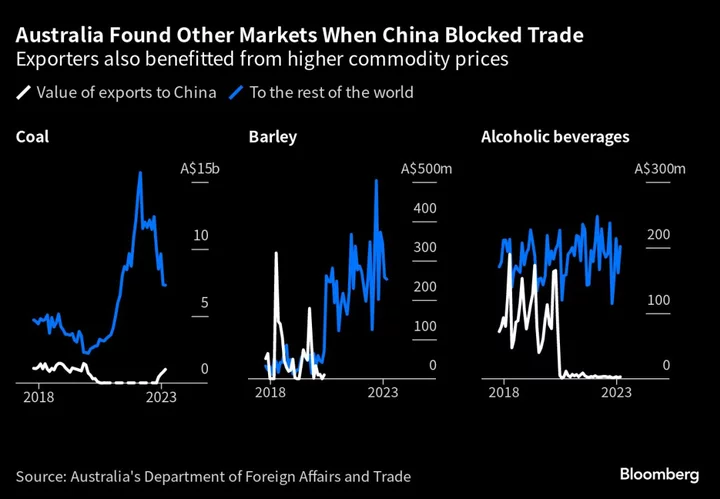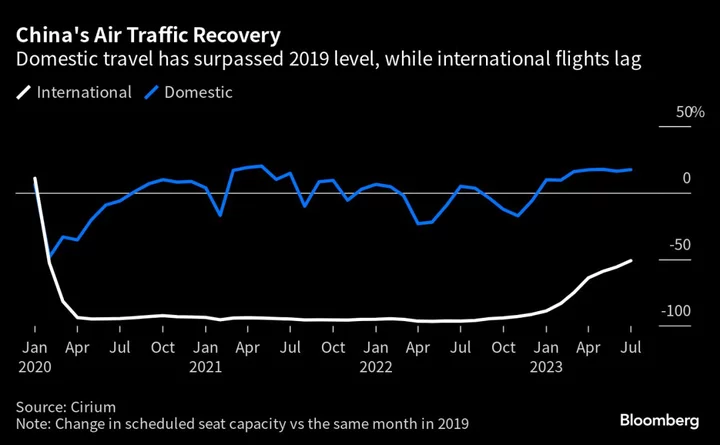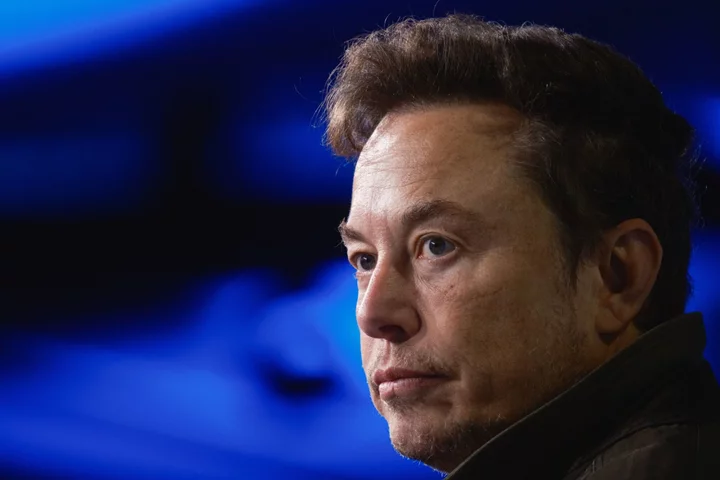The Bank of England will not relent in its fight against inflation despite signs that the UK economy is weakening, the central bank’s chief economist Huw Pill said.
Domestic inflation pressures such as wage growth and services inflation remained “at very elevated levels,” Pill said. Any signs that economic activity was slowing had also been driven by a lack of supply rather than demand, he added, meaning it was “not as associated with easing of inflationary pressures.”
The comments in an interview with the Financial Times come just weeks after Pill seemed to suggest that market expectations for a rate cut as early as next summer were reasonable.
Since then, he and other colleagues on the rate-setting Monetary Policy Committee have pushed back against the idea of starting to reverse their string of 14 hikes.
Expectations of an August rate cut receded this week after Chancellor Jeremy Hunt announced the biggest-cutting package since the 1980s in his Autumn Statement and a key survey showed the private sector unexpectedly returned to growth in November with price pressures building. Traders now expect the BOE to keep interest rates unchanged until September.
“I guess that’s what makes the market; there are people with differing views on one side or the other side,” Pill said, declining to comment on whether consensus expectations were now in a broadly sensible place.
“The challenge for the monetary policymaker is to ensure that there is enough persistence in the restriction of monetary policy to bring those (domestic) components of inflation down,” he added. This may involve pushing ahead with restrictive monetary policy “at a time when there would be lots of pressure in the face of weaker employment and activity growth and declining headline inflation.”
A higher-for-longer interest rate environment is proving an inconvenience for Prime Minister Rishi Sunak, who faces a likely general election next year with his Conservative Party trailing behind the Labour opposition in opinion polls. Households have been feeling the squeeze both from higher prices and soaring interest rates. Despite the tax cuts announced this week, living standards in the UK are still expected to fall over the course of this Parliament.
Some lawmakers have begun to agitate for rate cuts, in the hope of easing the crunch on UK consumers. But Pill said it was still too early to consider such a move. He said some economists assumed that “we’re moving along the Phillips curve” — which delineates the inverse relationship between inflation and unemployment — “and therefore that has implications for monetary policy.”
“I think, though, that is a potentially very flawed interpretation of where we are — particularly in the UK but maybe in other jurisdictions too.”
UK consumer-price inflation fell sharply from 6.7% to 4.6% in October, allowing Sunak to claim victory on his goal of halving inflation over the course of 2023.
But Pill said most of the decline so far had been driven by external factors, such as a slide in energy and food prices. “You are not opening up that slack, that easing of resource pressures, which will bring domestically generated inflation down,” he explained.
His worries may have been accentuated by S&P Global’s PMI data. Businesses in the service sector were still complaining of particularly high wage inflation, the report said.
There was “quite a lot of noise” in current data, Pill said, adding that when he looked at indicators such as wage growth, services inflation and job vacancy levels, “I see more evidence of sort of stubborn, high-level rates of inflation or growth that are stronger than we would really see as compatible with price stability, 2% inflation, over the medium term.”
Pill said there “was a view” that the medium-term equilibrium rate of unemployment, or Nairu — the level of joblessness needed to keep inflation sustainably at the 2% target — “may have risen somewhat.”
Combined with the fact that it was getting harder to match unemployed people with suitable vacant roles, this means the labor market is probably tighter than it appears, Pill said.

